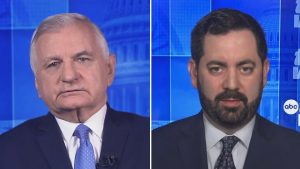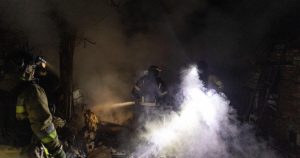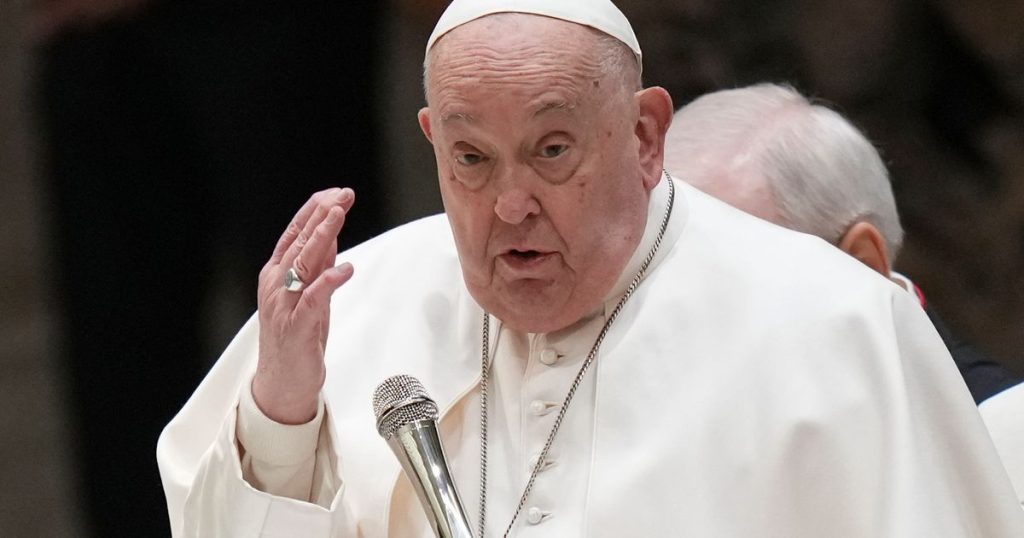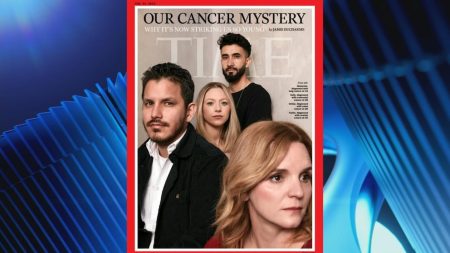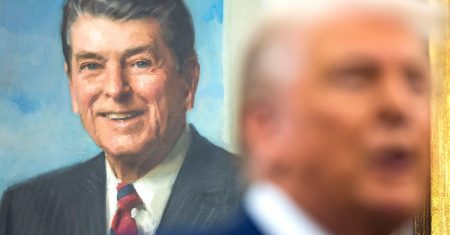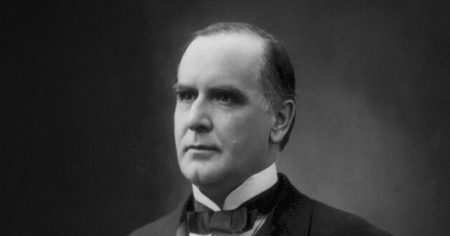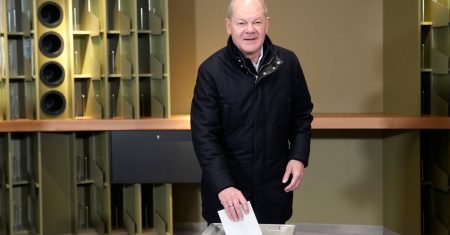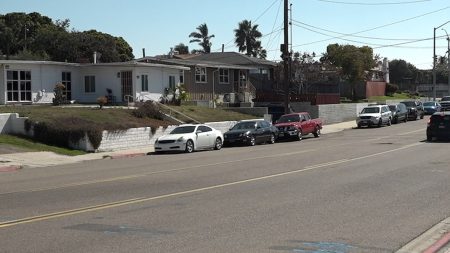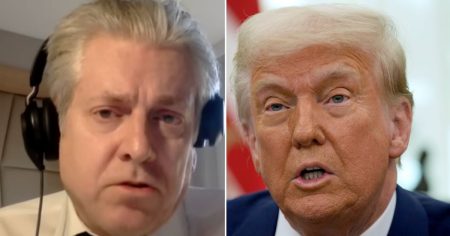Pope Francis in Critical Condition Following Respiratory Crisis
Pope Francis remains in critical condition at Gemelli Hospital in Rome, where he is receiving high flows of supplemental oxygen and undergoing further clinical tests. The Vatican reported Sunday that the pope was conscious and had rested quietly overnight, but his health situation remains grave due to a complex lung infection. The 88-year-old pontiff, who has a history of lung disease after having part of one lung removed in his youth, is battling a severe respiratory crisis that has raised concerns about his prognosis. Doctors have described his condition as "touch-and-go," given his advanced age, fragility, and pre-existing health issues.
Respiratory Crisis and Medical Treatment
Francis was admitted to the hospital on February 14 after a weeklong bout of bronchitis worsened, leading to a diagnosis of a complex viral, bacterial, and fungal respiratory tract infection. Shortly after, he developed pneumonia in both lungs, requiring a combination of cortisone, antibiotics, and supplemental oxygen. On Saturday, his condition took a turn for the worse when he experienced a prolonged asthmatic respiratory crisis. To assist his breathing, doctors administered high flows of oxygen through a nasal tube, and he also received blood transfusions after tests revealed low platelet counts, a condition known as thrombocytopenia. Platelets are essential for blood clotting, and their low levels can be caused by infections or medication side effects.
Despite these interventions, Francis remains at risk of developing sepsis, a potentially life-threatening complication of pneumonia. However, as of Friday, there were no signs of sepsis, and the pope was responding to the medications prescribed by his medical team. The Vatican has cautioned that the situation is delicate and that Francis’ recovery is far from certain. His condition has sparked widespread concern among Catholics and non-Catholics alike, with prayers and well-wishes pouring in from around the world.
A Bloody Sunday and the Vatican’s Defensive Stance
Sunday was marked by both medical updates and speculation about Francis’ future. The Vatican issued a series of statements to address rumors and tamp down unfounded reports, particularly after an Italian media outlet claimed that Cardinal Pietro Parolin, the Vatican Secretary of State, and the pope’s chief canonist had secretly visited Francis in the hospital. The Vatican flatly denied the report, calling it baseless and emphasizing that such speculation was "useless" at a time when the pope’s health and recovery should be the focus.
The Vatican’s defensive posture reflects the sensitive nature of Francis’ condition and the lack of clear canonical guidance on what would happen if a pope becomes incapacitated. Canon law does not provide explicit provisions for a pope’s incapacitation, and while Francis has reportedly written a resignation letter to be invoked if he becomes medically unable to lead, the process remains unclear. For now, the Vatican continues to emphasize that Francis is receiving the best possible care and that his condition is being closely monitored.
The Pope’s Absence and the Holy Year Celebrations
Francis was scheduled to celebrate Mass in St. Peter’s Basilica on Sunday as part of the Vatican’s Holy Year commemoration, but his illness forced him to miss the event. Archbishop Rino Fisichella, the organizer of the Holy Year, stepped in to lead the Mass and ordain deacons in Francis’ place.During the ceremony, Fisichella offered a special prayer for the pope’s recovery, urging the faithful to intensify their prayers for Francis during his time of trial. In a pre-written message intended for his Sunday noon prayer, Francis expressed confidence in his treatment and reminded the faithful that rest is an essential part of his therapy. He also noted the upcoming anniversary of Russia’s invasion of Ukraine, calling it a "painful and shameful occasion for all humanity."
Prayers, Reflections, and the Global Impact of Francis’ Illness
As Pope Francis battles his illness, the global Catholic community and beyond has rallied in solidarity. The Vatican has encouraged the faithful to pray for the pope’s recovery, and churches around the world have held special services and Masses in his honor. Francis’ illness has also sparked reflections on his legacy and the immense impact he has had on the Catholic Church and the world during his tenure. His advocacy for social justice, environmental protection, and interfaith dialogue has left an indelible mark on the global stage.
Despite his critical condition, Francis’ message of hope and resilience continues to inspire millions. His pre-written message for Sunday’s prayer, though not delivered in person, underscored his unwavering commitment to his faith and his flock. As the world waits with bated breath for updates on his health, one thing is certain: the prayers and thoughts of countless individuals are with Pope Francis during this challenging time.

